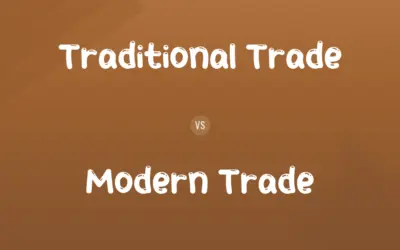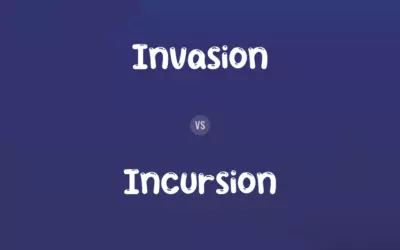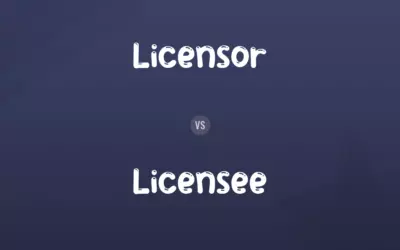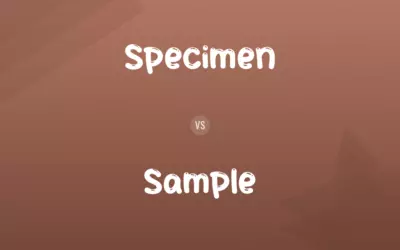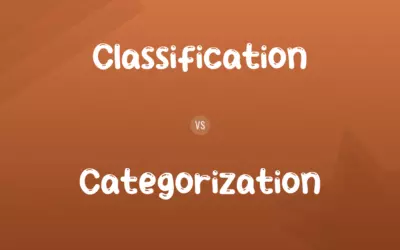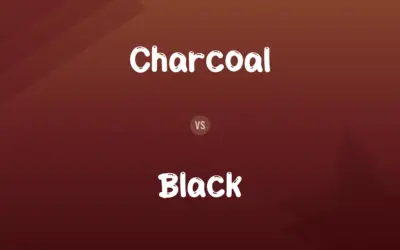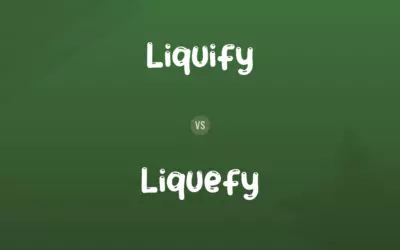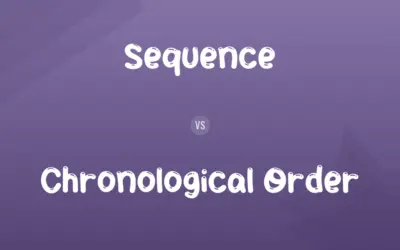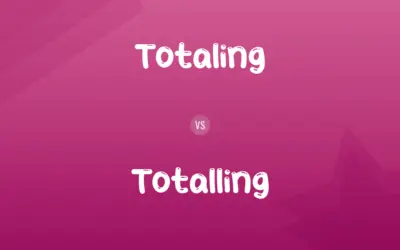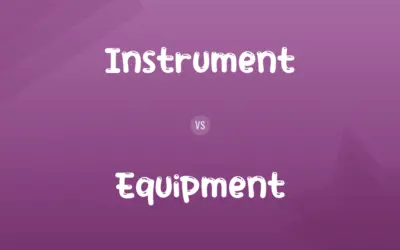DC Motor vs. DC Generator: Difference and Comparison
By Muazma Batool & Muneeza Rehman — Published on July 11, 2024
DC motors convert electrical energy into mechanical energy, primarily used for motion control, while DC generators convert mechanical energy into electrical energy, often used for power generation.

Difference Between DC Motor and DC Generator
DC motors utilize direct current to produce rotational motion, crucial in applications ranging from small appliances to large industrial machinery. This is achieved by the interaction of magnetic fields within the motor, which forces the motor shaft to turn, providing the needed mechanical work. Conversely, DC generators work on the principle of electromagnetic induction to produce electricity when a coil rotates within a magnetic field, essentially functioning in reverse to a motor.
Muazma Batool
Jul 11, 2024
In a DC motor, the input is electrical energy, which it converts into mechanical energy through components like armatures, commutators, and brushes. These components interact to create rotational force. In contrast, a DC generator typically starts with mechanical energy (e.g., from a turbine or crank) which it converts into electrical energy using similar components, but operating under different conditions to achieve voltage output.
Muazma Batool
Jul 11, 2024
The efficiency of a DC motor is characterized by its ability to convert electrical input into powerful, effective mechanical output with minimal losses. Meanwhile, the efficiency of a DC generator is measured by how effectively it can convert mechanical input into stable and usable electrical output, often influenced by factors like speed and magnetic field strength.
Muazma Batool
Jul 11, 2024
Control systems for DC motors are designed to manage the speed and torque of the motor, using techniques like variable supply voltage or pulse-width modulation. DC generators, however, require control systems that stabilize the voltage and current output, ensuring consistency despite variations in mechanical input speed.
Olivia
Jul 11, 2024
Applications of DC motors are predominantly found in environments where speed control and torque are essential, such as in robotics and automotive applications. DC generators, while less common today due to the rise of AC power systems, are still used in scenarios requiring reliable, direct battery charging or where AC infrastructure is not feasible.
Muazma Batool
Jul 11, 2024
DC Motor vs. DC Generator Comparison Chart
Primary Function
Converts electrical energy to mechanical energy
Converts mechanical energy to electrical energy
Muazma Batool
Jul 11, 2024
Efficiency Concerns
Effective conversion of electricity to motion
Effective conversion of motion to electricity
Muazma Batool
Jul 11, 2024
Typical Applications
Robotics, vehicles, industrial machinery
Battery charging, standalone power generation
Elijah
Jul 11, 2024
DC Motor vs. DC Generator Definitions
◉DC Motor
Utilizes magnetic fields to create rotational force.
The DC motor in a drill uses internal magnets to turn the drill bit.
Muazma Batool
Apr 29, 2024
◉DC Generator
Used where direct current is specifically required.
DC generators charge batteries in some renewable energy systems.
Muazma Batool
Apr 29, 2024
◉DC Motor
Often integrated into systems requiring dynamic motion control.
DC motors power conveyor belts in manufacturing facilities.
Muazma Batool
Apr 29, 2024
◉DC Generator
A device that converts mechanical energy into DC electrical energy.
DC generators are used in off-grid wind turbines to produce electricity.
Muazma Batool
Apr 29, 2024
◉DC Motor
Employs components like brushes for conducting electricity.
DC motors in household appliances use brushes that periodically need replacement due to wear.
Muazma Batool
Apr 29, 2024
◉DC Generator
Output is regulated to maintain consistent voltage.
DC generators in older locomotives regulate power for lights and other systems.
Lucas
Apr 29, 2024
◉DC Motor
Adjusted for speed and torque via variable voltage.
Adjustable-speed DC motors allow precise control in robotic arms.
Elijah
Apr 29, 2024
◉DC Generator
Operates on the principle of electromagnetic induction.
Hand-cranked DC generators produce power for emergency radios.
Muazma Batool
Apr 29, 2024
◉DC Motor
A machine that converts DC electrical energy into mechanical motion.
DC motors are extensively used in electric vehicles for propulsion.
Muazma Batool
Apr 29, 2024
◉DC Generator
Includes similar components as motors but serves opposite function.
The brushes in a DC generator transfer electricity from the rotating part to the external circuit.
Muazma Batool
Apr 29, 2024
DC Motor vs. DC Generator Frequently Asked Questions
What factors affect the efficiency of a DC motor?
Efficiency factors for DC motors include electrical losses, friction, and the efficiency of the conversion process from electrical to mechanical energy.
Muazma Batool
Jul 11, 2024
What are common applications for DC motors?
Common applications include automotive electric systems, robotics, and various industrial machines where precise motion control is necessary.
Kaitlyn
Jul 11, 2024
Can a DC motor be used as a DC generator?
Yes, a DC motor can often be used as a generator and vice versa, due to their similar construction, although efficiency may vary depending on the design.
Muazma Batool
Jul 11, 2024
What is a commutator and how does it work?
A commutator is a component used in both DC motors and generators to reverse the direction of current in the armature, essential for continuous rotation.
Elijah
Jul 11, 2024
How do brushless DC motors differ from traditional DC motors?
Brushless DC motors do not use brushes, reducing maintenance and increasing efficiency by electronically controlling the motor phases.
Henry
Jul 11, 2024
What role do DC generators play in renewable energy systems?
In renewable energy systems, especially in remote or portable setups, DC generators can be crucial for converting mechanical energy (like from a wind turbine) directly into electrical energy for storage or use.
Muazma Batool
Jul 11, 2024
How do you control the output of a DC generator?
The output of a DC generator is controlled by regulating the speed of the mechanical input and adjusting the magnetic field within the generator.
Leo
Jul 11, 2024
What is the primary difference between a DC motor and a DC generator?
The primary difference is their function; DC motors convert electrical energy into mechanical motion, while DC generators convert mechanical motion into electrical energy.
Muazma Batool
Jul 11, 2024
Why are DC generators less common today?
DC generators are less common due to the widespread use of AC power systems, which are typically more efficient for transmitting power over long distances.
Muazma Batool
Jul 11, 2024
Can the output of a DC generator be stored for later use?
Yes, the electrical output from a DC generator can be stored in batteries or other storage systems for later use, making it useful in backup power systems or for off-grid power generation.
Leo
Jul 11, 2024
Content Creators
Written by
Muazma BatoolAs a content editor, Muazma Batool is not just a grammar guru but a creative mastermind who breathes life into every word. With an eagle eye for detail and a passion for storytelling, she transforms bland text into engaging content that captivates audiences and drives results.
Co-written by
Muneeza RehmanAt Comparisons.wiki, Muneeza skillfully navigates the vast sea of information, ensuring clarity and accuracy as the lead content editor. With a keen eye for detail, she curates every comparison to enlighten and engage readers.


